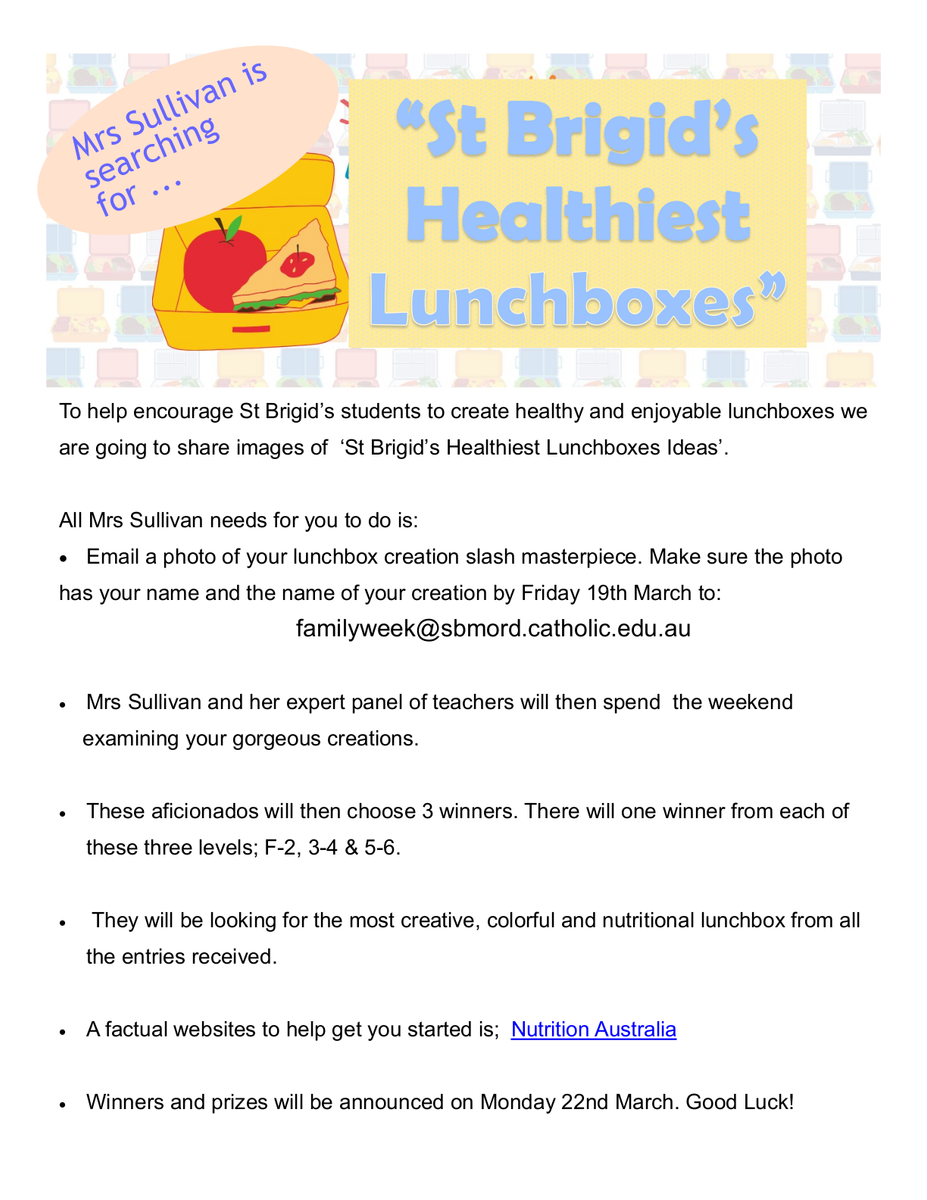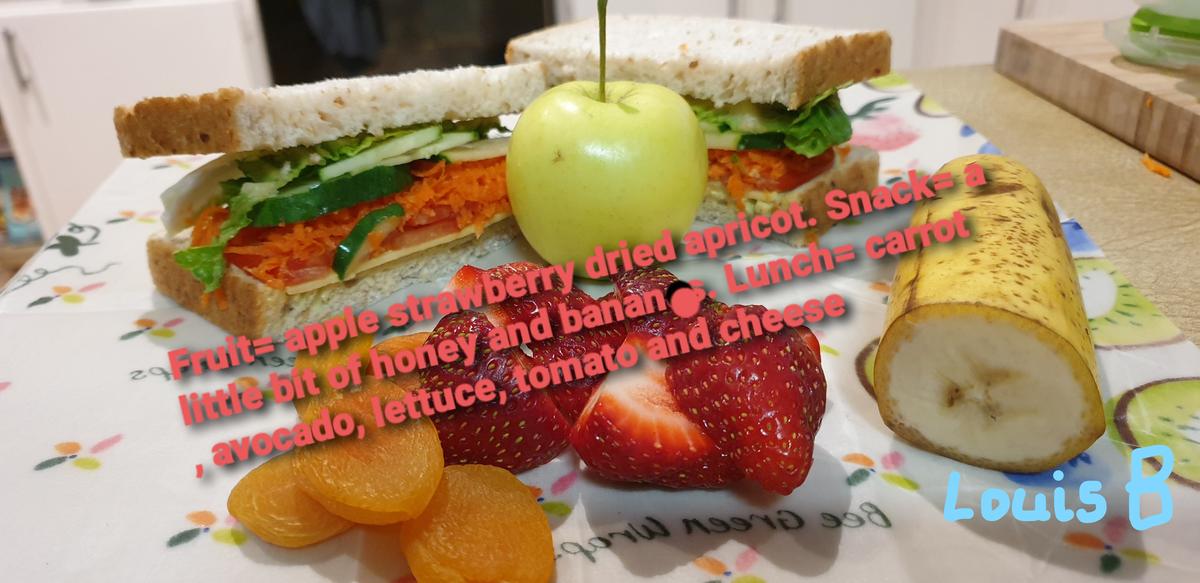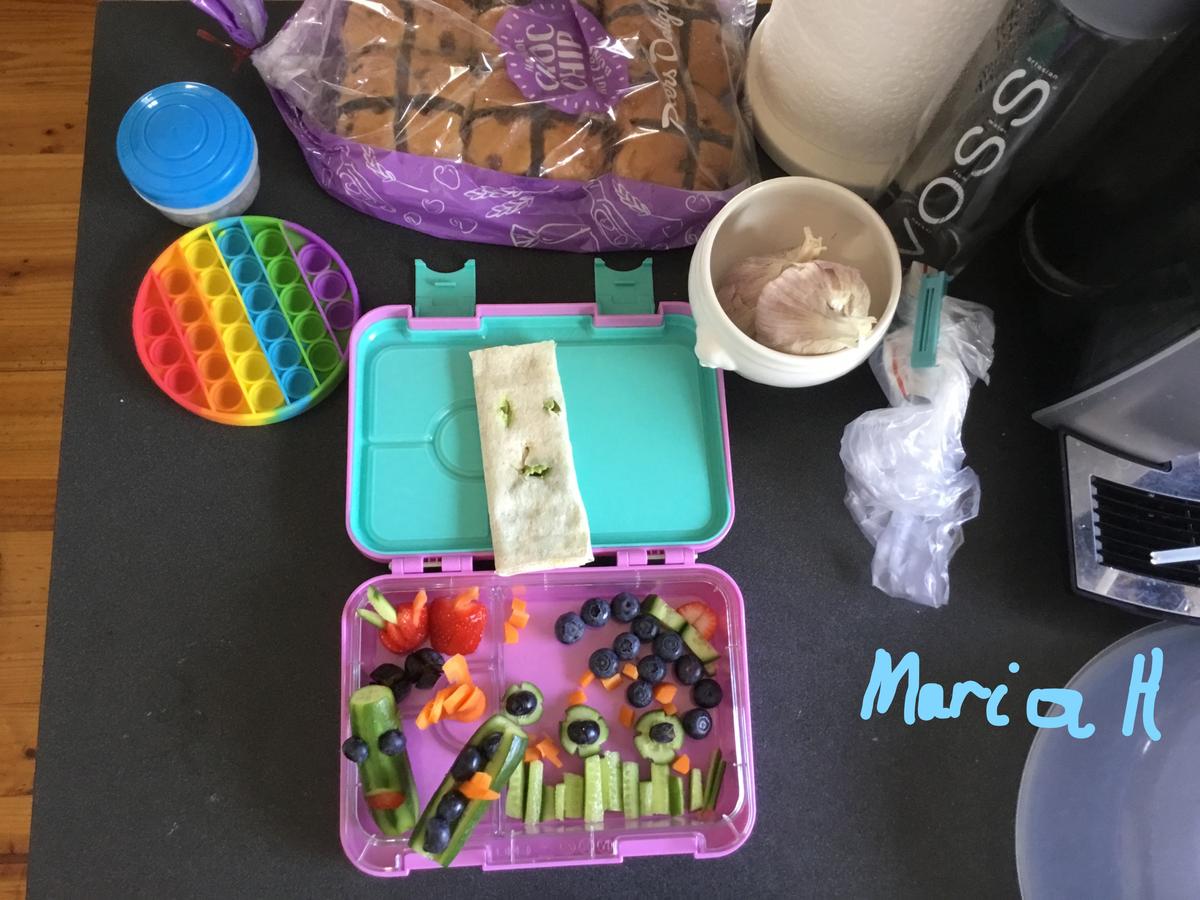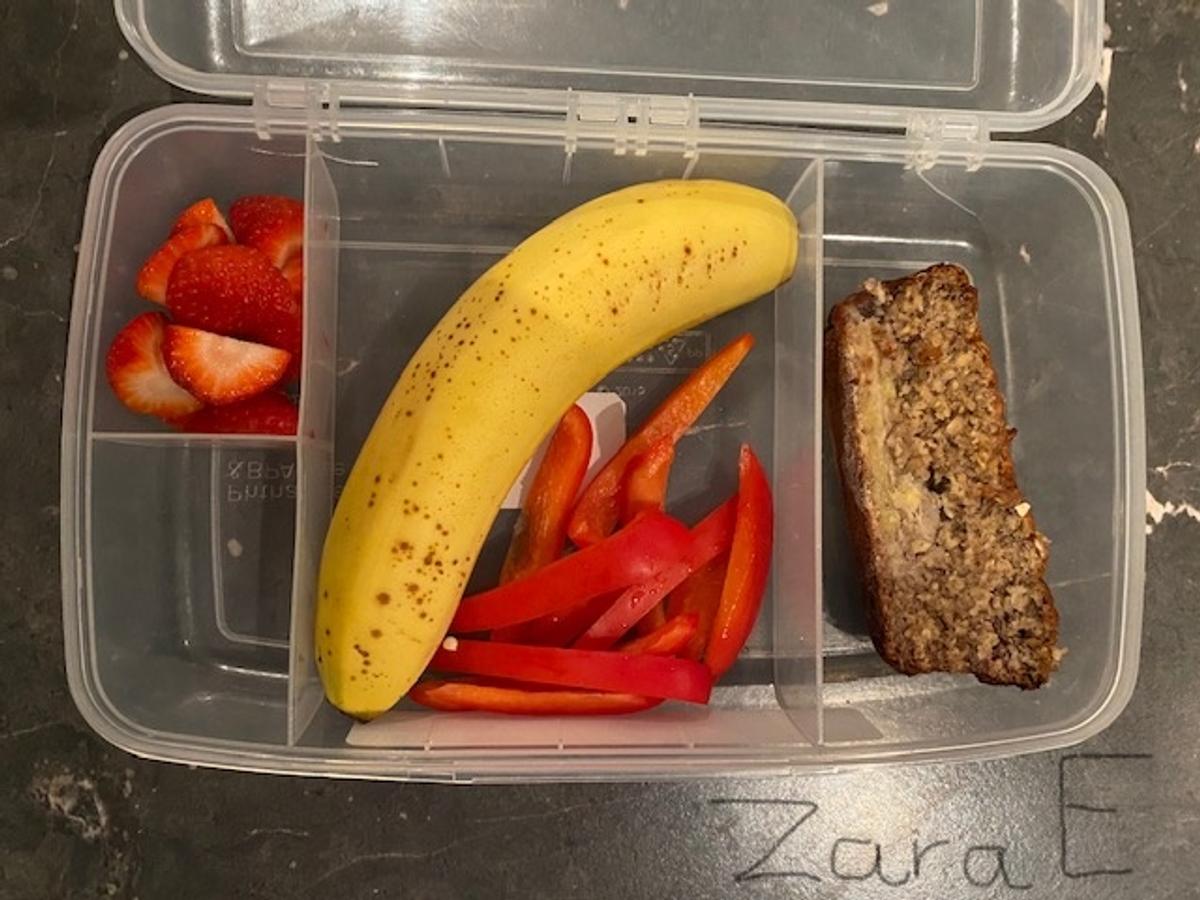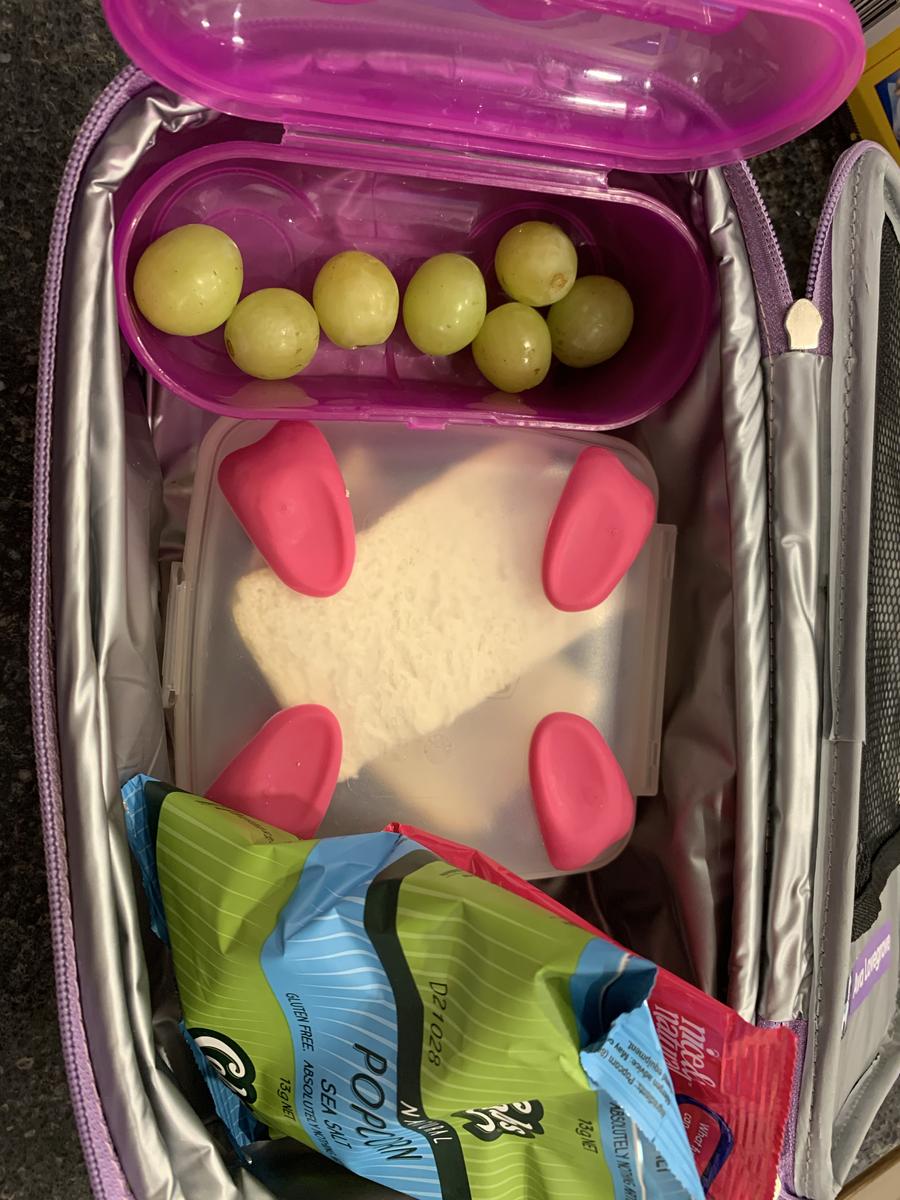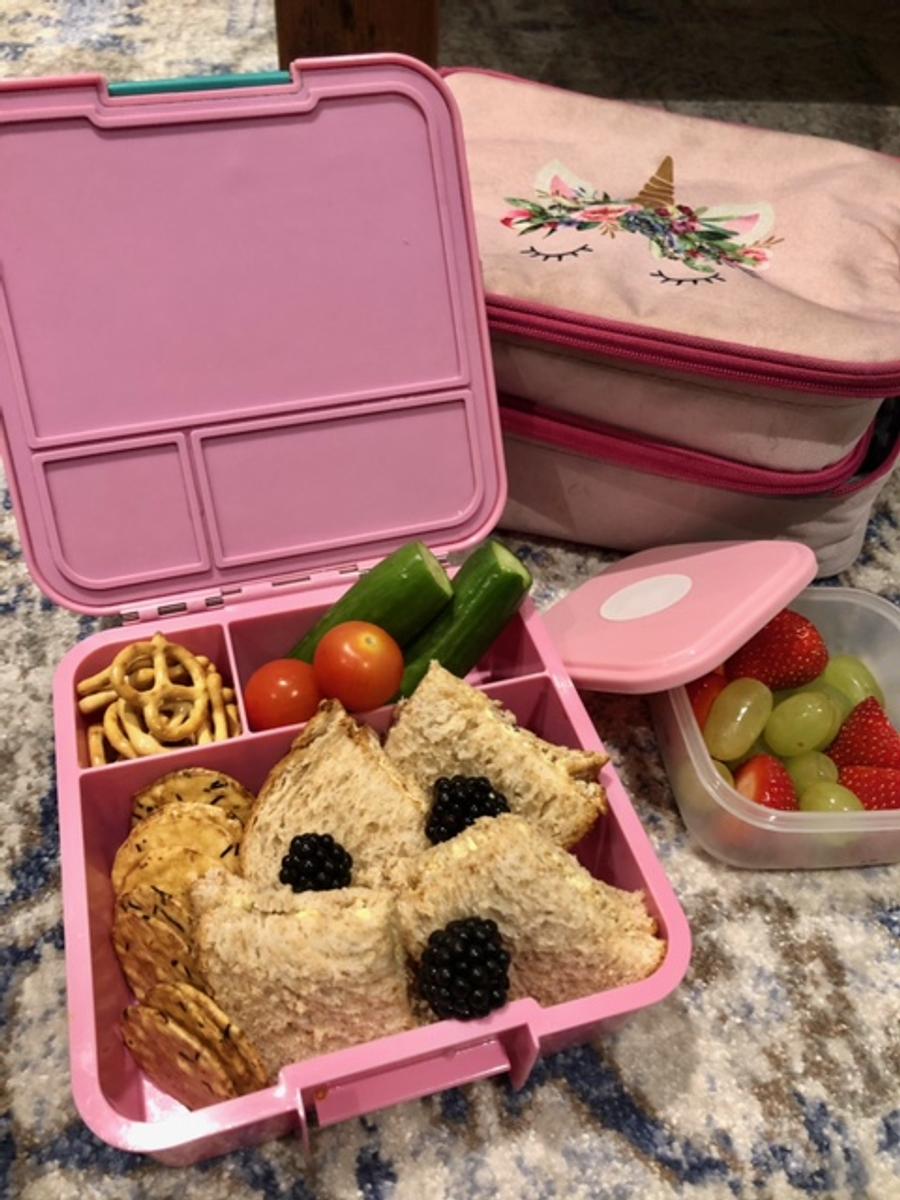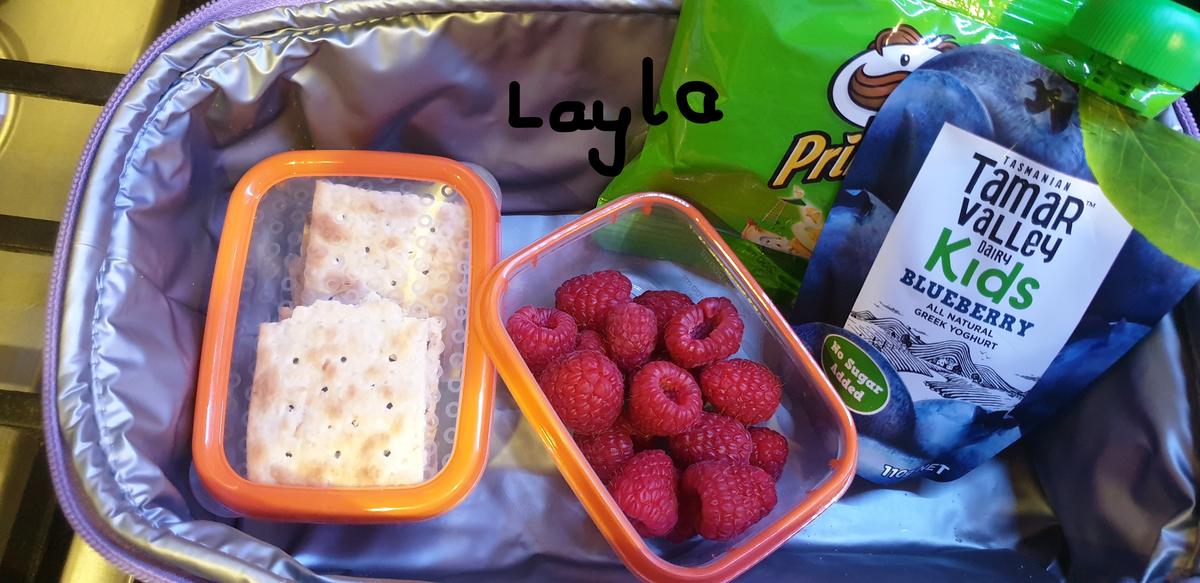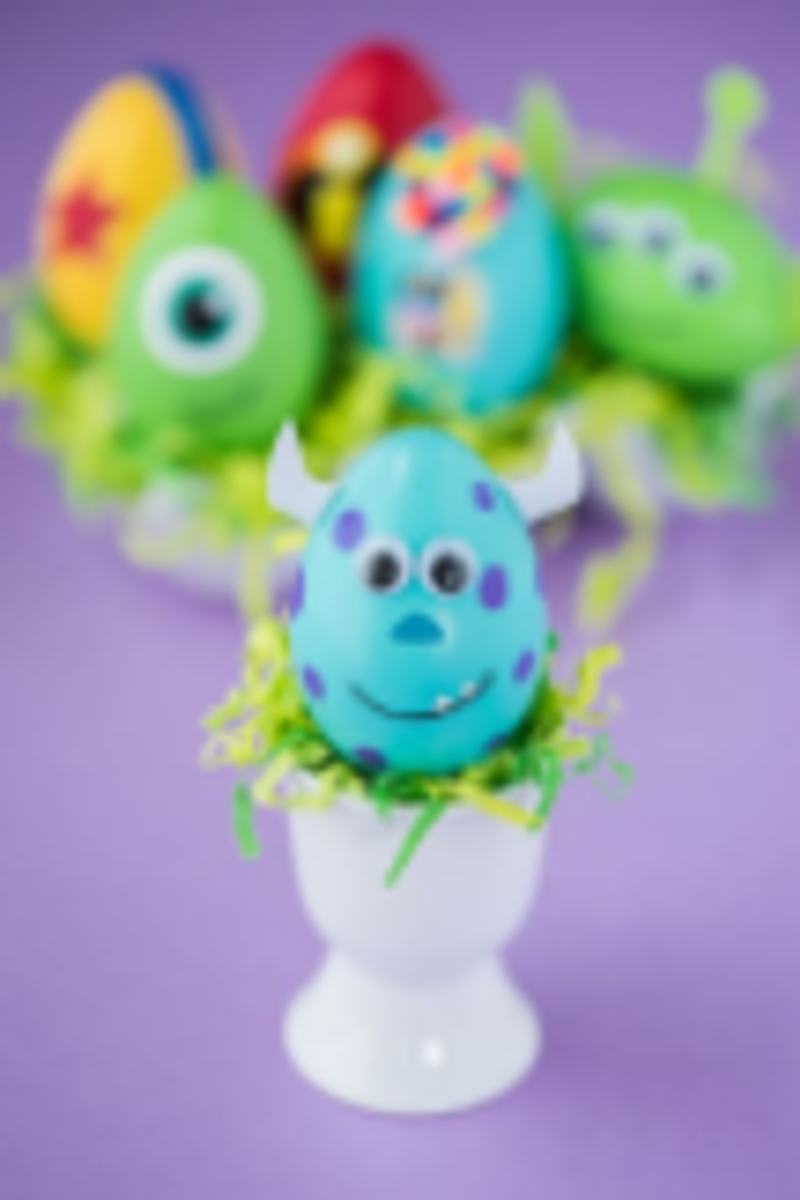St Brigid's News and Events

Literacy News
The proven benefits of reading with your child
Parents and carers who read aloud with children in a secure, safe and comfortable context motivate their children to read.
Parents’ perceptions, values, attitudes, and expectations play an important role in influencing their children’s attitudes toward reading, and subsequent literacy development. When children share a book with someone who makes them feel special, the attitude that reading is pleasurable is transferred to other reading encounters.
Relationship building
At the core of reading is a relationship and it is the bond between children and parents that is enhanced through reading together. It only takes ten minutes a day to build this relationship.
Children’s reading improves
The research is conclusive: When parents successfully support their children’s literacy learning from an early age, everyone benefits. When teachers and parents work together to support children’s reading and academic success, learning outcomes for all children improve.
Children read more
Students who read with their parents are better prepared for school. They begin school with knowledge of book language and familiarity with concepts of print. They understand how books work and have many more exposures to text types and vocabulary.
Children’s self-esteem improves
Knowing someone cares enough to take time out of a busy schedule to give you undivided attention around a book makes a significant difference to how students perceive themselves as learners and readers. When parents show an interest in their children’s learning, children respond positively.
Reading unites families through shared stories
When a family reads together, stories form a common ground for communicating. Stories bind families and help students makes sense of where they fit in the world.
Not only does parent involvement have a specific and profound impact on children’s reading, but also on children’s language and literacy learning in general. It is through interactions with parents and carers that children learn new vocabulary, seek clarification of new understandings, and learn to comprehend their expanding worlds. Talk is the key to reading and writing success. Talking with children (walking to school, at the table, in the car, bedtime) has a significant effect on literacy learning in general.
‘Parents’ guide to helping children with reading and writing at home’ Kaye Lowe
Carolyn Yass - Literacy Leader
RE News
Reconciliation
We congratulate our Year Four children who received the Sacrament of Reconciliation for the first time on Wednesday 10th at St Brigid’s Church. Fr Andrew, supported by Fr Peter Matheson, took the children through an examination of conscience after reflecting on the story of Zacchaeus from Luke’s gospel. Upon receiving the sacrament the children lit a candle as a symbol of Christ’s light burning in them. Thank you to the families and staff who supported the children on this next step in their faith journey.
As we get ready to move into the fourth week of Lent we hear the story of Arsad, an Indonesian farmer, who had no toilet in his house, so always had to walk into the forest to the open defecation area. His family was often sick and open defecation caused many neighbourhood disputes. With the support of Caritas Australia and its partner agency, Laz Harfa, Arsad took part in hygiene, sanitation and financial management training. He then funded the building of a toilet in his house and helped other community members to save money to construct their own toilet.
St Brigid's Healthiest Lunchbox
Easter Egg Eggstravaganza
Eggs are a potent symbol of life, renewal and rebirth dating back millennia. The egg was adopted by early Christians as a symbol of the resurrection of Jesus Christ on Easter. Since chickens continue to lay eggs throughout Lent, people would hard boil the eggs, decorate them and save them for Easter.
We would like each family to create an Easter egg craft using a hard boiled egg. There are lots of suggestions on the internet. Here are some images to inspire you.
It can be a theme of your choosing.
The eggs will be set out for the children to see during the final two weeks of school before the Easter break. A prize will be awarded for the most creative egg display.
Important information
- One entry per family.
- You can use more than one hard boiled egg.
- Create a stand/ diorama (a shoe box/ egg carton are perfect) so the egg/eggs can stand alone.
- Try to use as many things that you can find or make at home.
- Eggs are to be brought into school by the children in Week 8: 15th - 19th March
- Eggs will be returned home during Week 10: Tuesday the 30th or Wednesday the 31st
We hope you have an eggcellent time - have fun!
Mrs Kimball
Scholastic Book Club
Book Club flyers were sent home this week. If you are wanting to place an order please make sure they are in byMonday 15th March.





